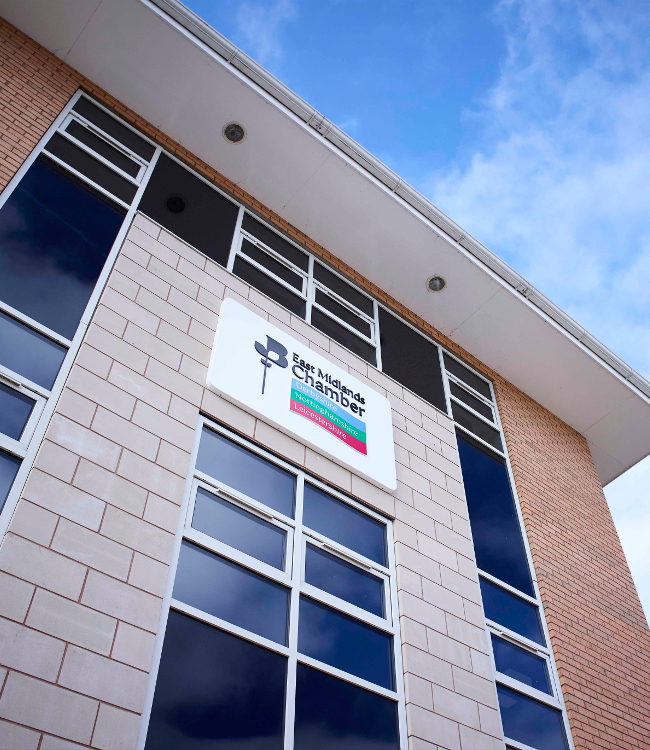Figures show East Midlands businesses favour hybrid working approach
Three-quarters of East Midlands businesses don’t anticipate a wholesale return to pre-pandemic ways of working, according to new research by East Midlands Chamber and Air IT.
Greater flexibility is among the top reasons for a new hybrid working approach – where employees spend part of their week working from home and part of it in the office – as eight in 10 businesses say they have so far decided against a full-time resumption of office and other on-premise working.
The findings were revealed as part of the Chamber’s Quarterly Economic Survey, in which Air IT – a Managed Service Provider based in Nottinghamshire – commissioned a set of questions posed to business leaders regarding their views on the future of work, and whether it will revolve around the office or the home.
The research was conducted before the Government mandate to work from home where possible was reinstated.
East Midlands Chamber director of resources and HR lead Lucy Robinson said: “This research confirms what many Chamber members have been telling us in recent months, which is that they expect to embrace a hybrid structure of office and remote working in the future.
“It’s obviously not feasible for every organisation to take this approach and there’s still lots of jobs that can’t be done remotely, while it’s clear that the office will remain an important hub for collaboration between teams and developing the skills of younger employees.
“However, the disruption of Covid-19 has paved the way forward for a new mindset among some businesses that have witnessed a number of benefits from greater flexibility – including making it easier to attract and retain employees, as well as lower operating costs – and we expect to see a hybrid approach become significantly more popular in the long term.”
Main findings of the survey
Fewer than 20% of the 400 Derbyshire, Leicestershire and Nottinghamshire businesses that responded to the Q3 2021 survey, undertaken in August and September this year, said they had “totally” returned to pre-pandemic working patterns.
Meanwhile, 27% planned to do so in the future – with 66% maintaining they would only “mostly” or “partially” do so, and 7% that said “not at all”.
The findings suggest strong support for the hybrid working model, which has proven popular this year as businesses have sought to ease employees back into the workplace while retaining the benefits of working remotely.
But the report shows that, for many organisations, it is no longer a temporary solution – it is here to stay.
Focusing on flexibility, technology and wellbeing
For those planning to continue most, some or all their pandemic-induced working habits, one of the primary reasons was to do with travel, which many businesses are deeming less necessary after experiencing the benefits of video calls, online events and cloud computing.
When asked what has changed for their business, 78% of respondents cited greater flexibility in location of work, and more than half had reduced in-person events as well as local and international travel.
When asked about the implications of changes to working habits, the most popular answer was “increased investment in new technologies”, selected by 61% of respondents.
Another big change was that business leaders want to see increased investment in staff engagement and wellbeing, an option selected by 59% respondents.
Lee Johnson, chief technology officer at Air IT, said: “A lot of our work at Air IT recently has revolved around hybrid working and how we can support SMEs as they adjust to this new era. Technology has been arguably the biggest factor in keeping businesses going since the pandemic hit, so many business leaders are looking to update their IT infrastructure in order to stay ahead.
“Remote and hybrid working are here to stay so it’s important that businesses invest in supporting their employees through this transition, making it as easy as possible for them to do their job.”




